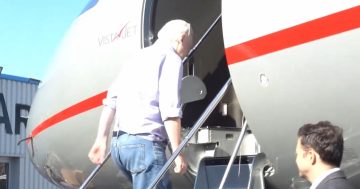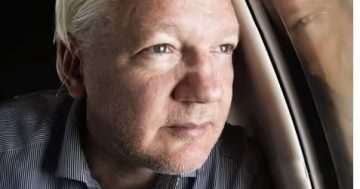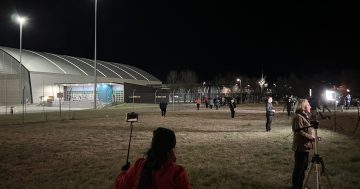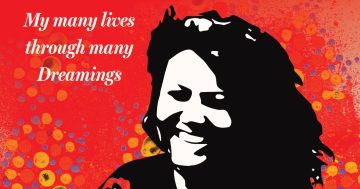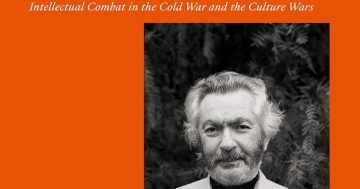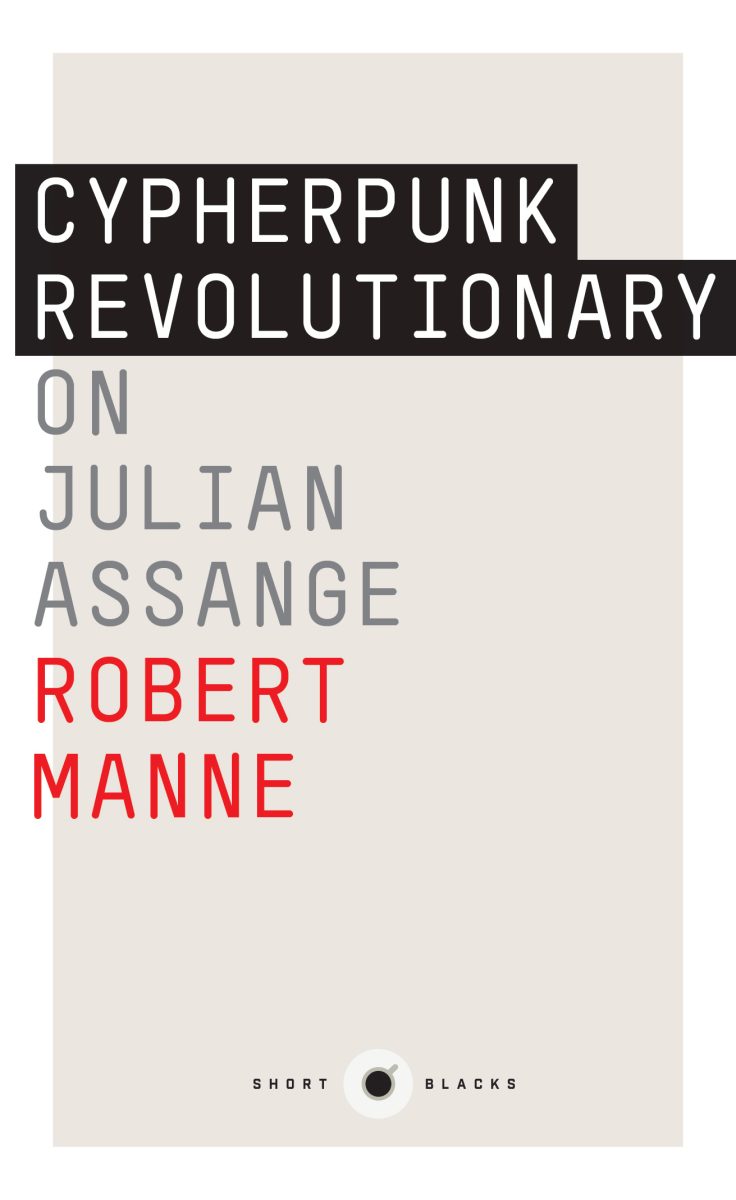
Cypherpunk Revolutionary: On Julian Assange is a fascinating essay by Robert Manne revealing the making of Julian Assange — both his ideas and his world-changing actions. Photo: Supplied.
There are few original ideas in politics. In the creation of WikiLeaks, Julian Assange was responsible for one.
Emeritus Professor of Politics at La Trobe University Robert Manne originally published Cypherpunk Revolutionary: On Julian Assange in 2015 and, given the interest in Assange, it has been reissued as a print-on-demand biography.
This captivating essay reveals the making of Assange — both his ideas and his world-changing actions. Robert Manne explores Assange’s unruly childhood and then his involvement with the revolutionary cypherpunk underground, all the way through to the creation of WikiLeaks.
Pulling together the threads of his development, Manne shows how Assange became one of the most influential Australians of our time. He is a household name today. The WikiLeaks founder returned to Australia, a free man, on 26 June after the end of a long-running U.S. legal battle.
After more than 10 years of jail cells and embassy walls, Assange’s legal team says he is now free to build his life in Australia with his family however he pleases. He will now live here without restriction, ending a decade-long diplomatic drama.
In a stunning turn of events, Assange had formally pleaded guilty to one count of breaching the Espionage Act and in return was allowed to walk free and return to his native Australia.
Assange landed in his homeland after pleading guilty to obtaining and publishing U.S. military secrets in a deal with Justice Department prosecutors that put an end to an attempt to extradite him to the United States.
Assange ran Wikileaks, a website that published many confidential or restricted official reports related to war, spying and corruption. In early April 2010, hardly anyone had heard of Julian Assange. By December he was one of the most famous people on Earth, with very powerful enemies and very passionate friends.
An Australian editor, publisher and activist who founded WikiLeaks in 2006, Julian Assange, 52, is the winner of multiple awards for publishing and journalism.
As Manne explains, Julian Assange contributed to the cypherpunks list from December 1995 until June 2002. A cypherpunk is any individual advocating widespread use of strong cryptography and privacy-enhancing technologies as a route to social and political change.
“Fewer than 20 years ago Julian Assange was sleeping rough,” Manne writes. “Even a year ago hardly anyone knew his name. Today he is one of the best known and most respected human beings on earth. Assange was the overwhelming winner of the popular vote for Time magazine’s ‘Person of the Year’ and Le Monde’s less politically correct ‘Man of the Year.’”
Recalling stories about Julian’s childhood and adolescence, Manne details how Assange was the primary researcher for Underground, a “fascinating book on the first generation of computer hacking”.
“In what is called the ‘Researcher’s Introduction’, Assange begins with a cryptic quote from Oscar Wilde: “Man is least himself when he talks in his own person. Give him a mask, and he will tell you the truth.
“Nothing about Assange has ever been straightforward. One of the main characters in Underground, is the Melbourne hacker Mendax. Although there is no way readers at that time could have known it, Mendax is Julian Assange.”
Manne claims while “journalists in general accept on trust many of Assange’s stories about himself, they do not understand that, like many natural writers, he has fashioned his life into a fable.”
For Assange the central political virtue is courage. One of his favourite sayings is: “Courage is contagious. For Assange the great moving forces in history are the need for Love and the thirst for Truth.” In his final piece in the selected correspondence, Assange admits that often “outcomes are treated with more reverence than Truth”.
Scrutinising the illogicality that is Julian Assange (for some) will be ongoing, with the added likelihood of it presenting problematic, distrustful and divisive practice that will culminate in sharply opposing factions.
What Assange’s fight for freedom means for journalism remains to be seen. However, Assange’s American lawyer Barry Pollack said Julian had “suffered tremendously in his fight for free speech and freedom of the press”.
“The prosecution of Julian Assange is unprecedented in the 100 years of the Espionage Act,” Pollack said. “Mr. Assange revealed truthful, newsworthy information … We firmly believe that Mr. Assange never should have been charged under the Espionage Act and engaged in (an) exercise that journalists engage in every day.”
Cypherpunk Revolutionary: On Julian Assange, by Robert Manne, Black Inc., $22.99



